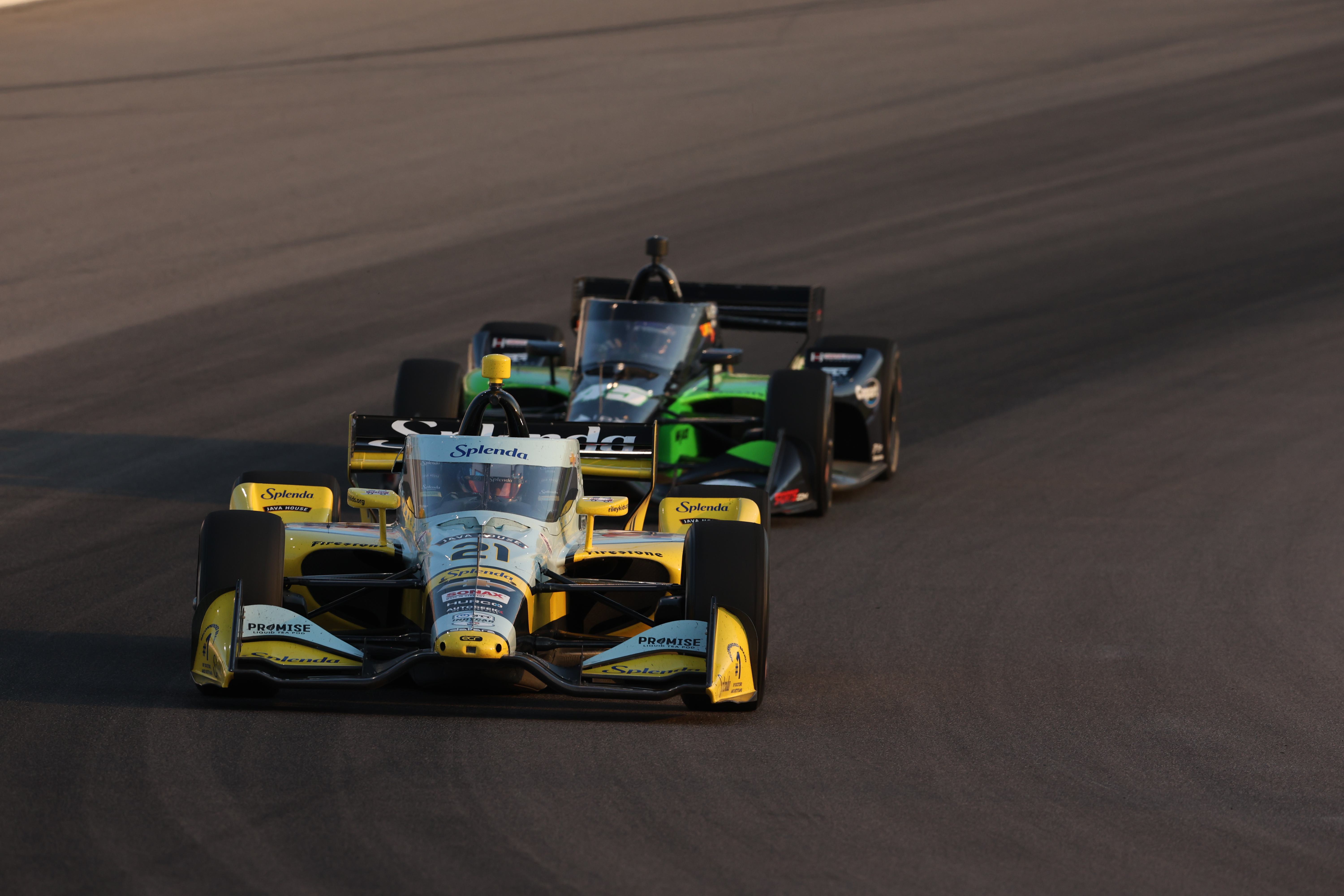Core Characteristics of F1: Consistency
- Apostolos Papageorgiou
- Sep 9, 2023
- 3 min read
Written by Apostolos Papageorgiou, Edited by Debargha Banerjee

This series "Core Characteristics of Formula One" seeks to take a look at the qualities that form the essence of the ‘Pinnacle of Motorsport’. Through past instances and famous quotes, writers will aim to explain why each characteristic is fundamental to Formula One. Continuing our series is Apostolos Papageorgiou, writer at Divebomb, on how important consistency is in Formula One.
The late and great Niki Lauda used to say that to finish first, first you have to finish. It’s a rather simple and straight-forward quote-some would discard it as nothing more than a bit of wordplay-but it perfectly summarises just how essential it is to be consistent, not just in Formula One, but motorsport in general.
A driver can be extremely fast or have incredible raw talent, but amounts to practically nothing if he can’t put all those pieces together every weekend, in order to maximise results. To understand what I'm on about, look at George Russell’s 2022 season. More often than not, he had the third fastest car, yet he managed to drag it to places higher than it belonged by pushing just as much as was needed, never taking unnecessary risks and always getting the best out of what he was given, all the while staying out of trouble.

But a driver’s consistency relies on more than just bringing the car home, because in order to do that, they have to be at their absolute peak when it comes to physic and fitness. Let’s not forget, drivers withstand forces of up to five Gs in some corners for up to two hours. Michael Schumacher was the first driver to properly reinforce the idea of F1 pilots needing to stay fit and if stats are anything to go by, it definitely helped out in the long run. Schumacher also demonstrated what can happen to a driver when his body isn’t up to the job on his F1 return with Mercedes. As well as this, Michael's reflexes and focus were worse, another factor the drivers need to achieve the maximum level of consistency.
The driver isn’t the only one who has to be consistent however. The car-one of, if not the most important aspect of the sport-has to be able to cross the line a hundred percent of the time. Having a car that’s over a second quicker than the field doesn’t amount to much if it can’t hold together ‘till the end of the race. Obviously, it can’t be a second down either, but sacrificing a couple of tenths in order to make sure the engine, the gearbox and all other components don’t break is certainly a fair trade. McLaren decided against this idea in 2005, instead pushing the car to its absolute limit, which resulted in them losing both titles to Renault, who despite being slower were bulletproof in comparison.
But behind a great driver and a great car, lies a great team. For a team to earn that status, it has to fire on all cylinders all the time: Designing and production have to be as close to perfect-and quick-in order for upgrades to come in at a steady rate, otherwise the team loses its competitive edge. After all, in F1, if you stand still, you go backwards. Even if the R&D departments are at their A game, the trackside operations have to be too, with the mechanics being able to fix any problem in the shortest possible time, the strategy team coming up with the best, well, strategies and the pit crew performing miracles to make four tyre changes in a little over two seconds.

At the heart of it all however, lies a strong management. If you look at the two teams that have won the last 13 championships, Red Bull and Mercedes, you’ll notice their leadership has been rock solid and consistent throughout, even during the rough patches. By contrast, Ferrari’s management has been anything but stable and consistent in the last 15 years, which coincidentally-or not-mirrors the time in which the Maranello outfit last won a title. It is no wonder then that Red Bull and Mercedes are still the leading teams in Formula 1, as the others are left scrambling for a way to catch up.
In the ever changing world of F1, teams, drivers and personnel are constantly tasked with being nothing short of perfect. The real secret ingredient however, is for how long can you be perfect, or at least come close. That is why being consistent in this sport is crucial to success. In the humble but powerful-and rather humorous-words of George Russell: Consistency is key.












Comments